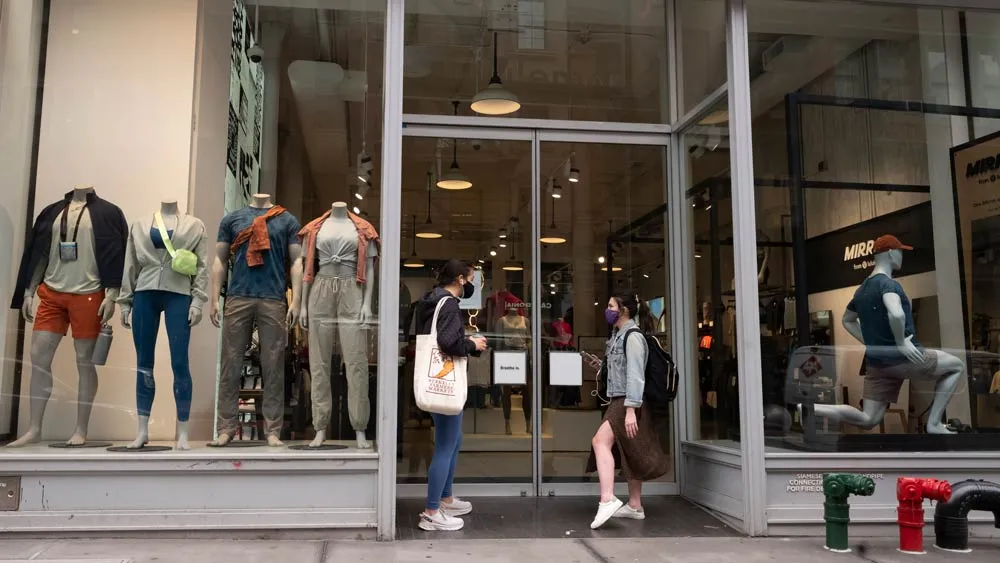January 5, 2016
A Focus on Intimate Partner Violence and HIV
READ TIME: 3 MIN.
By Eric Brus
One in three women in the U.S. experiences intimate partner violence (IPV), and for women living with HIV, the figure is one in two. Research has shown that persons with abusive partners have a higher risk for HIV and, if infected, have worse health outcomes. This fall, during National Domestic Violence Awareness Month, Greater Than AIDS launched Empowered: Women, HIV, and Intimate Partner Violence -- to bring greater attention to IPV and to provide resources for women who may be at risk of, or dealing with, abuse and HIV.
The Empowered campaign was developed in partnership with the National Domestic Violence Hotline, loveisrespect, Planned Parenthood Federation of America, Positive Women's Network-USA, and The Well Project, with additional support from The Elizabeth Taylor AIDS Foundation. Empowered has created a 20-minute video featuring women's health advocate Tonya Lewis Lee, who explores the issue from the perspective of five women living with HIV who have had experience with, and received services related to, intimate partner violence.
The journal AIDS recently featured an in-depth review and meta-analysis of the impact of IPV on engagement in HIV care and treatment among women. The study found that HIV-infected women with a history of physical or sexual IPV were significantly less likely to be on antiretroviral treatment (ART) than women who had never been subjected to IPV. Among those receiving ART, IPV-affected women had much lower rates of ART adherence and were significantly less likely to reach viral suppression than women without an IPV history.
"To ensure the health of HIV-positive women, it is essential for clinical programs to address conditions that impact engagement in care and treatment," the researchers concluded. "IPV is one such condition, and its association with declines in ART use and adherence requires urgent attention."
The National Coalition of Anti-Violence Programs (NCAVP) released the 2014 NCAVP Intimate Partner Violence Report on October 27. This report presents the findings of data collected from 16 NCAVP member organizations on the experiences of 2,166 lesbian, gay, bisexual, transgender, queer (LGBTQ), and HIV-affected survivors of intimate partner violence (IPV) during 2014.
Key findings and trends include the following:
� Continuing a multi-year trend, the group most impacted by IPV homicide was men who have sex with men.
� Bisexual survivors were more likely to experience sexual violence than those who did not identify as bisexual.
� LGBTQ and HIV-affected people of color were disproportionately affected by IPV and experienced more severe forms of violence. An association between poverty and higher IPV rates was also seen among LGBTQ people of color.
� Transgender people were twice as likely to experience IPV in public areas and more than three times as likely to experience discrimination compared to people who did not identify as transgender.
NCAVP concluded that, "These findings demonstrate the importance of an intersectional approach that looks at the impact that poverty and racism, as well as homophobia, biphobia, and transphobia, have on the lives of LGBTQ people and HIV-affected [persons] of color."
Eric Brus is the Director of Health Information at AIDS Action Committee. This report is produced by the Health Library of the AIDS Action Committee in collaboration with the New England AIDS Education and Training Center Minority AIDS Initiative Project.




